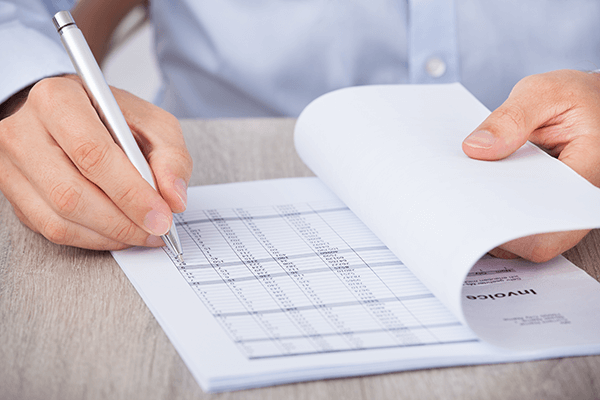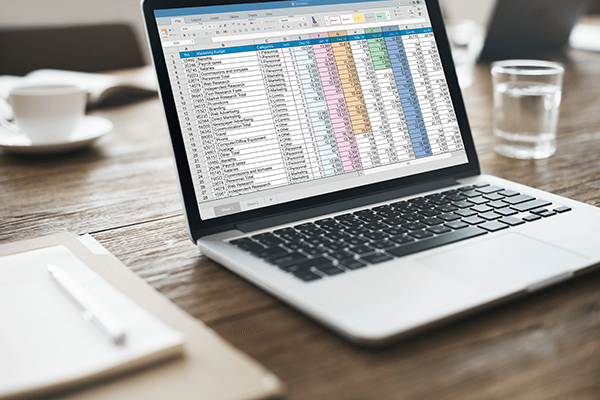Business Accounting
As a business owner you can’t run your business properly without timely, reliable financial information.
We can help you get there by reviewing your current accounting processes and setup so you can get back to running your business and generating profits.
We can provide training and help you develop the proper systems that take care of the following key tasks:
- Reconciling your bank account
- Generating an income statement
- Generating a balance sheet
- Cleaning up your general ledger
These tasks form the solid foundation of your business accounting system.

Bank Reconciliation
Reconciling your business chequing account each month allows you to keep your bank account, accounting, and taxes up-to-date.
Performing a bank reconciliation each month allows you to:
- Identify lost cheques, lost deposits and unauthorized wire transactions.
- Detect and prevent excess or unjustified bank charges and ensure transactions are posted correctly by your bank.
- Detect and prevent embezzlement of funds from within your company.
- Know how your business is doing. You can't really know unless all accounts are reconciled and properly accounted for on your financial statement.
- Manage your cash more effectively. Proper management of funds not only saves money, it makes money for you.
- Protect yourself. Reconciling and promptly objecting to your bank about any unauthorized, fraudulent or forged cheques presented to and paid by your bank can relieve your agency of responsibility for the shortfall and transfer the risk to the bank. This reason alone should be enough to reconcile.
Sleep Better. You will sleep more peacefully at night knowing your bank accounts are reconciled, in balance, and that all accounts, cheques and disbursed funds are properly accounted for.
Income Statement
An income statement, otherwise known as a profit and loss statement, adds an itemized list of all revenues and subtracts an itemized list of all expenses to come up with a profit or loss for the period.
An income statement allows you to:
- Track revenues and expenses so you can determine the operating performance of your business.
- Determine what areas of your business are over-budget or under-budget.
- Identify specific items that are causing unexpected expenditures, like office, utility or supply expenses.
- Track dramatic increases in product returns or cost of goods sold as a percentage of sales.
- Determine your income tax liability.

Balance Sheet
A balance sheet provides a snapshot of your business's financial condition at a specific moment in time.
A balance sheet helps you:
- Quickly get a handle on the financial strength and capabilities of your business.
- Identify and analyze trends, particularly in the area of receivables and payables. For example, if your receivables cycle is lengthening, you may want to collect your receivables more aggressively.
- Determine if your business is in a position to expand.
- Determine if your business can easily handle the normal financial ebbs and flows of revenues and expenses.
- Determine if you need to take immediate steps to bolster cash reserves.
- Determine if your business has been slowing down payables to forestall an inevitable cash shortage.
Balance sheets, along with income statements, are the most basic elements in providing financial reporting to potential lenders such as banks, investors, and vendors who are considering how much credit to grant you.
Maintaining a Clean General Ledger
The general ledger is the core of your company's financial records. These records constitute the central "books" of your system. Since every transaction flows through the general ledger, a problem with your general ledger throws off all your books.
Reviewing your general ledger system each month allows you to highlight any discrepancies such as double billings or any unrecorded payments.
